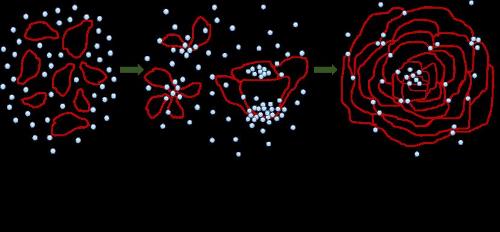
Nalan Özdemir
Erciyes University, Turkey
Title: The effect of synthesis conditions on enzymatic activity of metal ion incorporated enzyme based hybrid nanoflowers
Biography
Biography: Nalan Özdemir
Abstract
Enzymes are efficient and sophisticated biocatalysts. They evolve into unique biomacromolecules with three-dimensional structures consisting of a linear sequence of amino acids. Enzymes have received considerable attention owing to their unique properties, including high catalytic activity, stability, selectivity, low toxicity and water solubility. However, high cost of the enzyme purification procedures and the instability of the free enzymes in aqueous solution strictly limits their applications. To address these limitations of free enzymes, several immobilization methods have been developed. In general, immobilized enzymes show improved stability, making them efficient, reusable and economical. However, increased catalytic activity is generally limited due to mass transfer limitations between the enzyme and the substrate and conformational changes in the enzyme. Recently, Zare et al. have reported an encouraging breakthrough in enzyme immobilization with the synthesis of hybrid organic–inorganic nanoflowers have highly enhanced catalytic activity and stability. Therefore, there is a considerable interest in the synthesis and application of organic-inorganic hybrid nanoflowers.
In this study, we synthesized organic-inorganic hybrid nanoflower by using laccase as organic components and Cu2+ as the inorganic component. We examined the effects of the synthesis conditions on the formation of Laccase-Cu2+ hybrid nanoflowers. FTIR XRD, and EDX spectroscopy and SEM were used to confirm the synthesized hybrid nanoflowers. To calculate the encapsulation yields of the hybrid nanoflowers, Bradford assay was used. We observed that by changing the synthesis conditions, including enzyme concentration, pH, and temperature, the morphology and enzymatic activity of the synthesized Laccase-Cu2+ nanoflowers were changed. In the synthesis phase, the pH influences petal density only, whereas enzyme concentration and temperature affect nanoflower size and petal density. But it should be noted that the solubility of CuSO4 depends on the pH. The appropriate flower size and shape, enzyme content, and flower density are the critical factors for high enzymatic activity.


